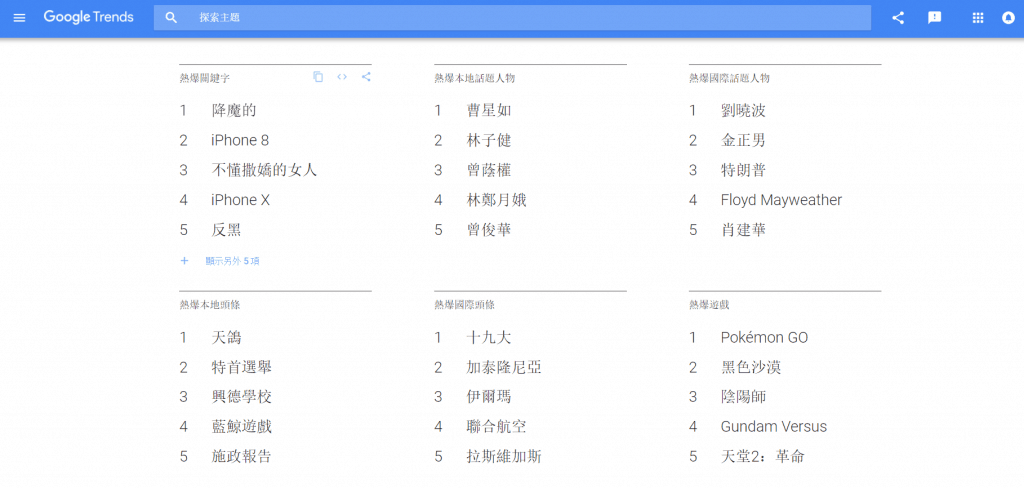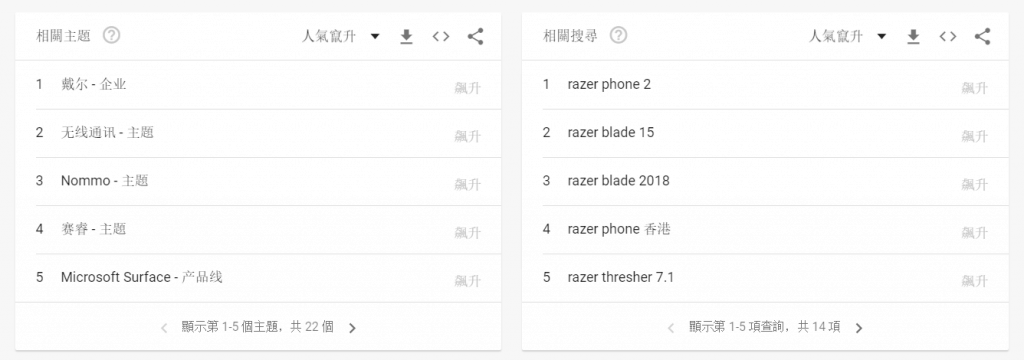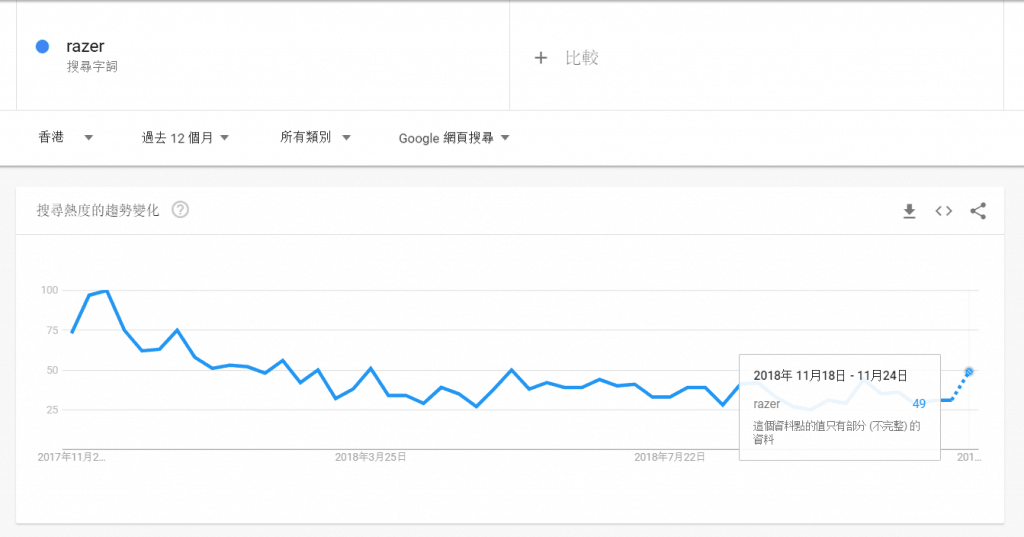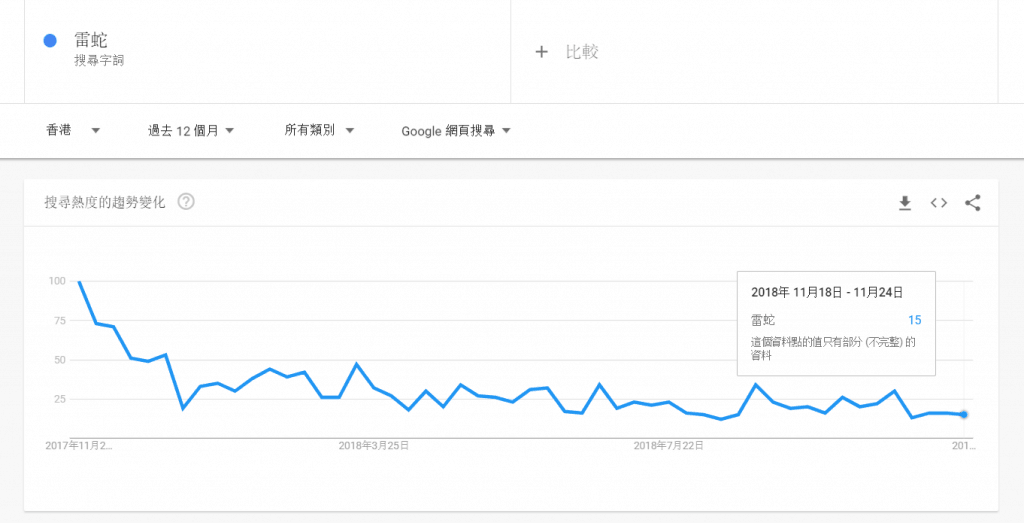Researching keywords for the Hong Kong market can often be more time-consuming than researching keywords for other countries and markets. This is because the search terms in Hong Kong consist of 4 different language queries:
- Mandarin
- Cantonese
- English
- Acombination of Chinese and English.
This great variety makes it more difficult to obtain accurate keywords with a reasonable search volume.
Fortunately, we can use Google Trends for ideas and insights on the keywords people use in Hong Kong. Whether you start your keyword research with Google Trends or simply use it during the process, you will improve the quality of your resulting core keyword list.
Let’s look at how Google Trends can help when researching localized keywords for the Hong Kong market.
Google’s Year in Search
The top keyword list from Google’s Year in Search (which you can access via Google Trends) will show you all the keywords that significantly increased in popularity during a particular year in Hong Kong. For example, the below shows a list of keywords that became popular in Hong Kong in 2017.
You can see that the keywords are divided into 6 categories: top keywords, top local figures, top international figures, hot local news, hot international news, and hot games. Clicking into the keywords will provide search trends, related topics, and related search queries.
Google Trends Usage Tip #1
Based on the popular keywords, you can gather insights of what is trending in Hong Kong and what most local people are interested in. For example, for the most popular keywords in 2017, 3 out of the top 5 are TV dramas. This implicitly shows that television entertainment could be a major interest for Hong Kong people.
Keyword Search Trends
Search volume is shown in a keyword planner, but it is averaged over 12 months. This means that a keyword with exceptionally high search volume in the 1st month but with decreasing search volume over the following 11 months will still result in a noticeable average search volume. Obviously, this is not an accurate reflection then of actual search trends, as you wouldn’t want to use this keyword for SEO in the later months of the year.
Google Trends Usage Tip #2
To see an accurate reflection of keyword search trends, you can enter the search query into Google Trends. Generally, you should look for keywords that have an increasing search trend, because with this it is very likely that the search volume will increase over time. Keywords with a spike or declining search trend should be avoided or assigned with less priority.
Related Trending Search Topics and Keywords
Establishing more keyword ideas is vital for keyword research. Some people will use SEO tools or Google’s keyword planner to get more related keywords. Google Trends is also capable of providing related topics and keywords. When you enter a query into Google Trends, below the trend graph, you will see a list of related topics and keywords. You will also be able to view their popularity metrics.
Google Trends Usage Tip #3
Enter your core keywords into Google Trends, and look at related topics and keywords. Related topics can give you ideas on which to expand (i.e., when you search “razer” on Google Trends, e-sports is a related topic), while related keywords can be used to expand your keyword base.
Compare Chinese and English Search Queries
Local Hong Kong people search in Chinese, English, and a mixture of both—so it is crucial to know which usage is most popular. Continuing with “razer” as the example, we can see that the search popularity is going up for November. At the same time, using the Chinese term for razer (雷蛇), we see decreasing popularity.
Google Trends Usage Tip #4
Before choosing which keywords to target in Hong Kong, enter the Chinese, English, and mixed version (if possible) into Google Trends. Doing this, you can target the most popular usage.
Using Google Trends as part of your keyword research process will undoubtedly improve the quality of your resulting keywords. While it is not a place where you can glean a tremendous amount of keyword data, it can help you to verify the search trends of keywords and provide more recent and relevant information about related queries.







